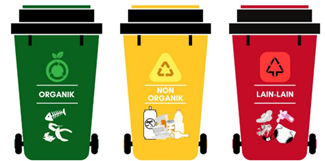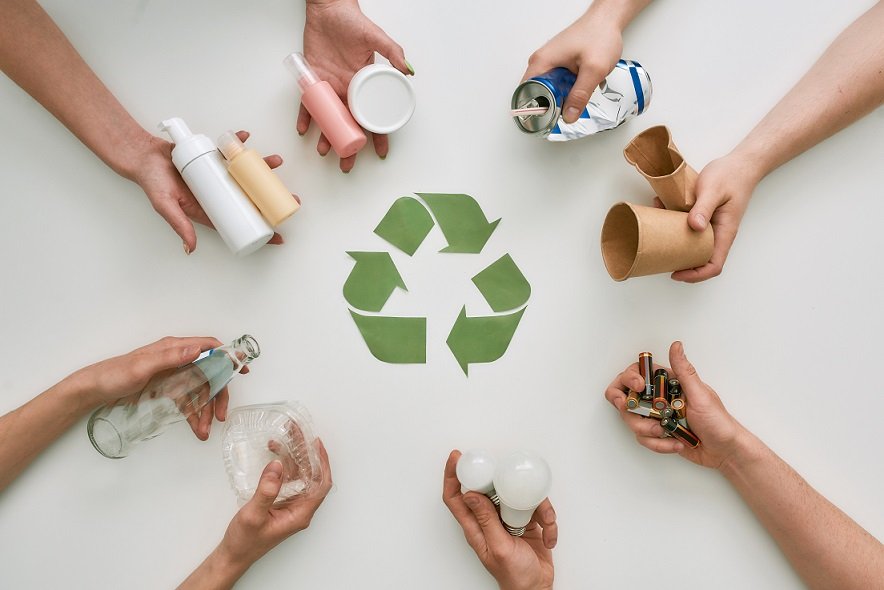The authority of Nusantara, the new capital city of Indonesia, published the “Nusantara Capital City Authority Regulation No. 10/2025 Concerning Waste Management in the Nusantara Capital City” on October 1, 2025, and enforced on the same date. This regulation governs general waste management in the soon-to-be capital city, encompassing the entire waste flow from sorting, collection, transport, and processing. Notably, it also imposes a waste reduction obligation on producers, which includes import businesses. Furthermore, the use of single-use plastics in the capital is scheduled to be prohibited within one year of this publication.
The following summarizes the regulation, primarily focusing on the perspective of producers.
Definition of Producer
A producer is a business that manufactures products with packaging, distributes imported goods with packaging, or sells products with packaging that is difficult to biodegrade.
Producer Obligation 1: Separate Waste
Producers are obligated to separate the waste into three categories: “Organic,” “Inorganic,” and “Others,” and must use designated symbols and colored waste bins for such:
- Organic (Green Bin): Biodegradable waste
- Inorganic (Yellow Bin): Recyclable waste
- Others (Red Bin): Waste not classified as “Organic” or “Inorganic”

Producer Obligation 2: Waste Reduction
Waste reduction obligation as follows are stipulated for specific producers, which are currently unclear and are expected to be designated separately by the Head of the Capital City.
- Use of packaging materials that suppress waste generation
- Use of materials that are reusable, recyclable, or biodegradable
- Collection of used packaging materials from consumers
- Development of a plan to reduce waste through reuse and recycling
Producer Obligation 3: Reduction of B3 Waste
Producers that generate hazardous and toxic materials (commonly known as B3) and B3 waste must implement the following to suppress the generation of B3 waste:
- Develop a generation suppression plan
- Refrain from manufacturing, importing, distributing, or selling products containing B3
- Adopt methods and technologies that can contribute to waste reduction
Single-Use Plastics Products
The use and distribution of specific single-use plastics will be completely prohibited in the Nusantara Capital City one year after the date of publication. Targeted products include plastic shopping bags, cups, bottles, spoons, forks, straws, pipettes, and Styrofoam. Restaurants, hotels, shopping malls, and markets are subject to the ban. Furthermore, businesses that produce, distribute, or provide such single-use plastics must also produce, distribute, or provide alternative products.
Download the regulations from link below:
https://peraturan.go.id/filespengundangan/peraturan-koin-no-10-tahun-2025.pdf
 Indonesia’s New Capital City Nusantara Publishes Regulation on Waste Management
Indonesia’s New Capital City Nusantara Publishes Regulation on Waste Management 

























